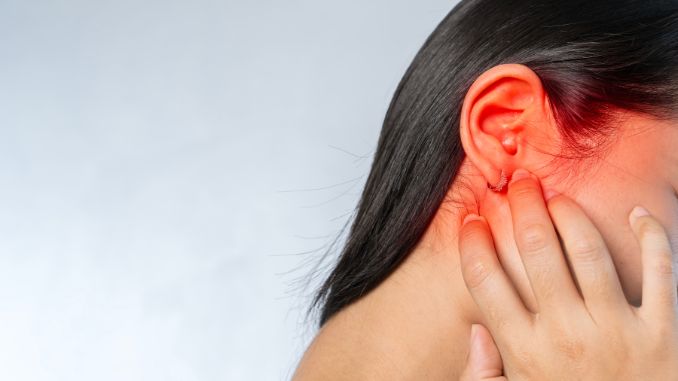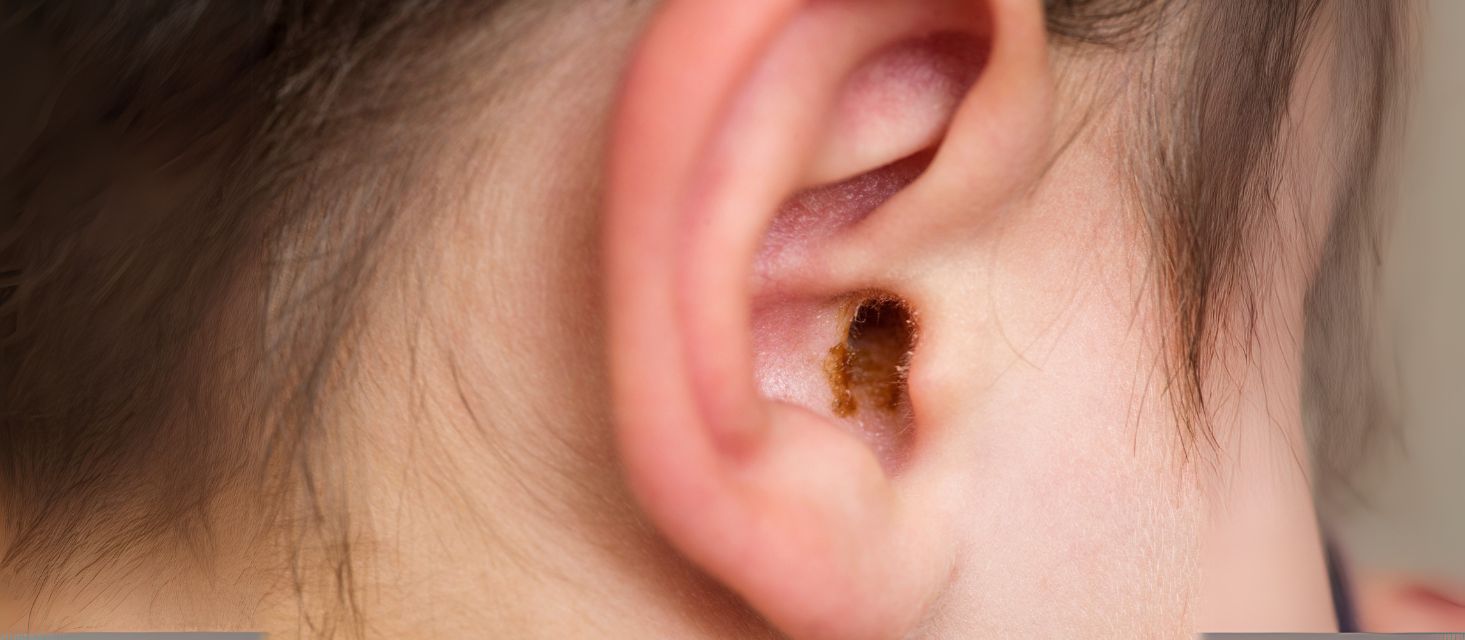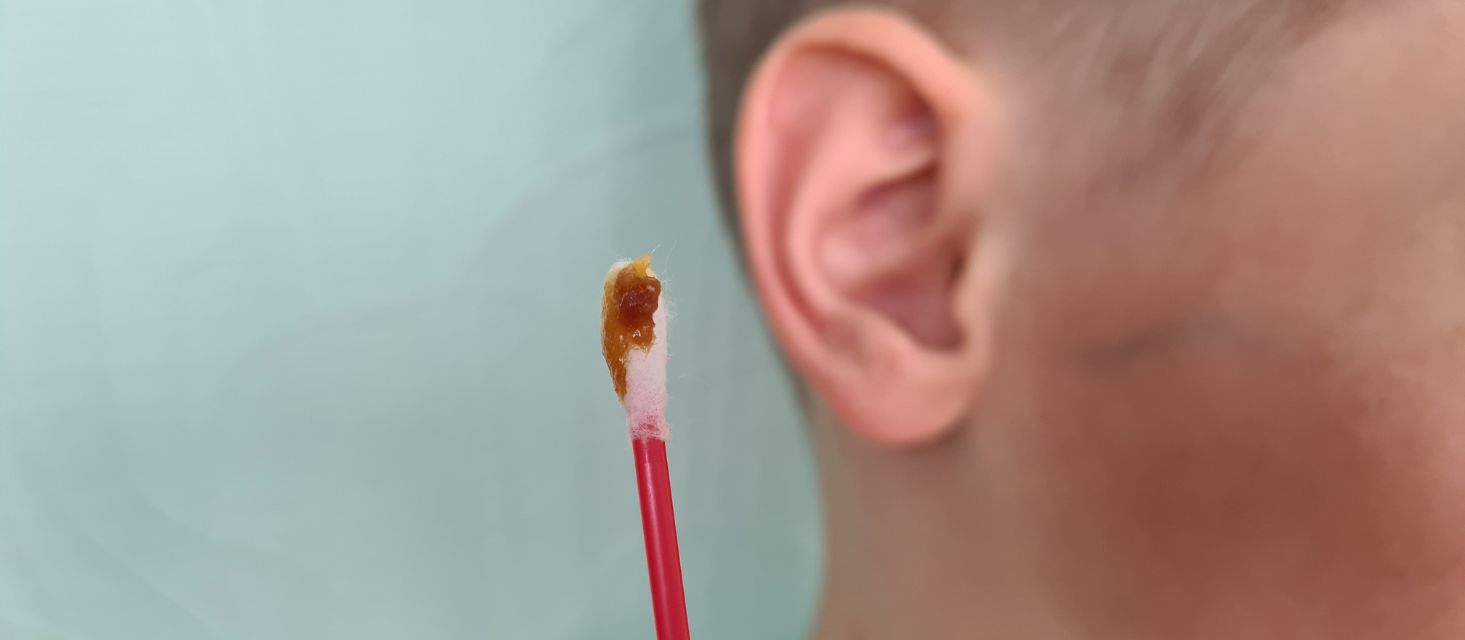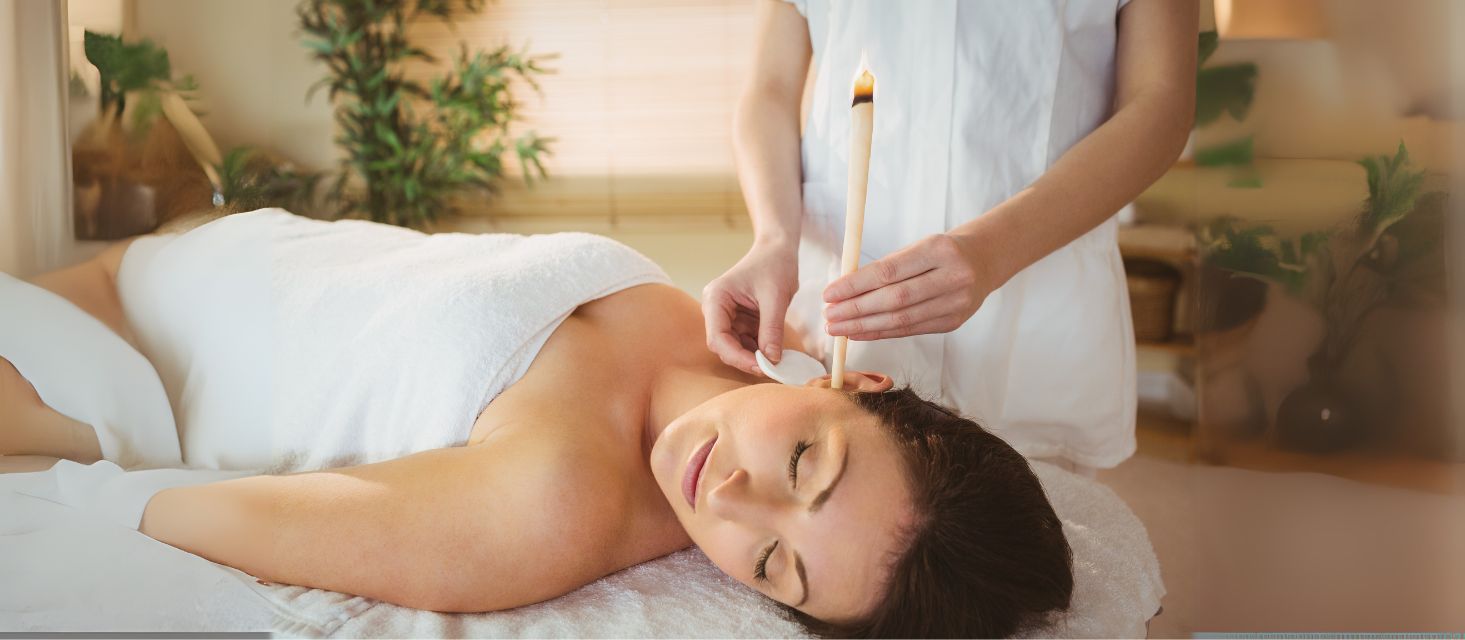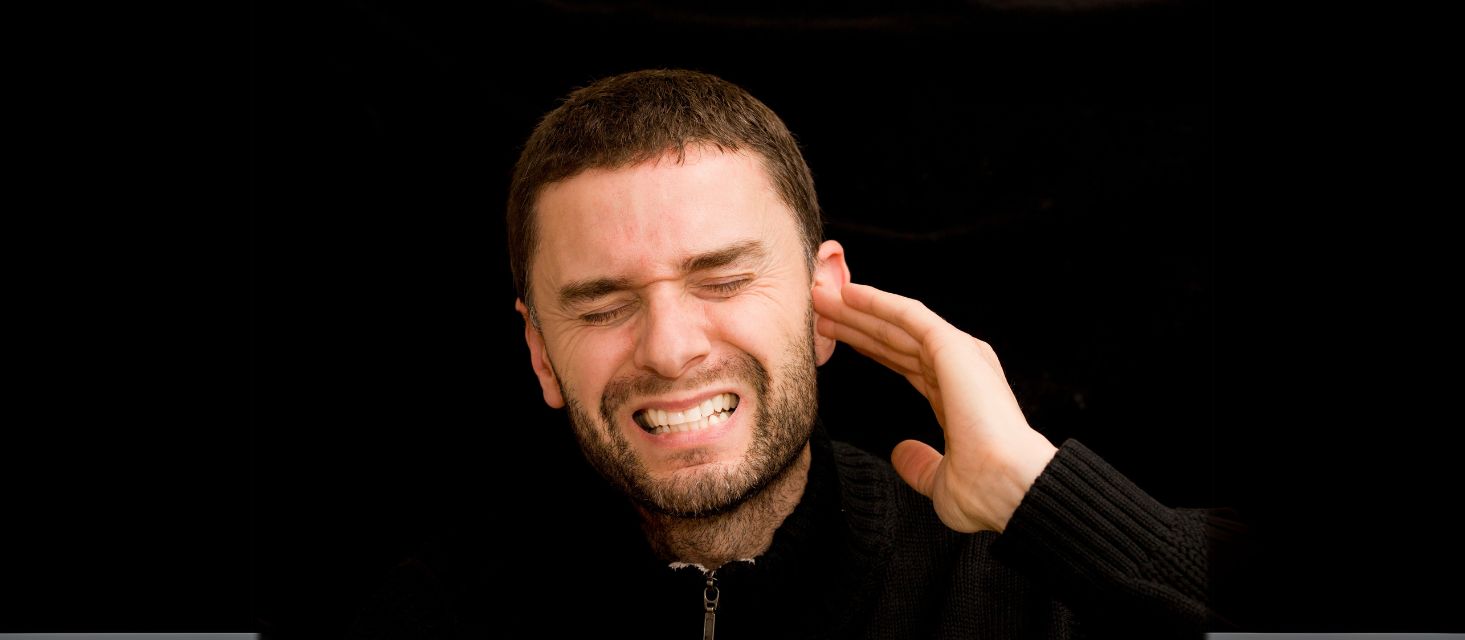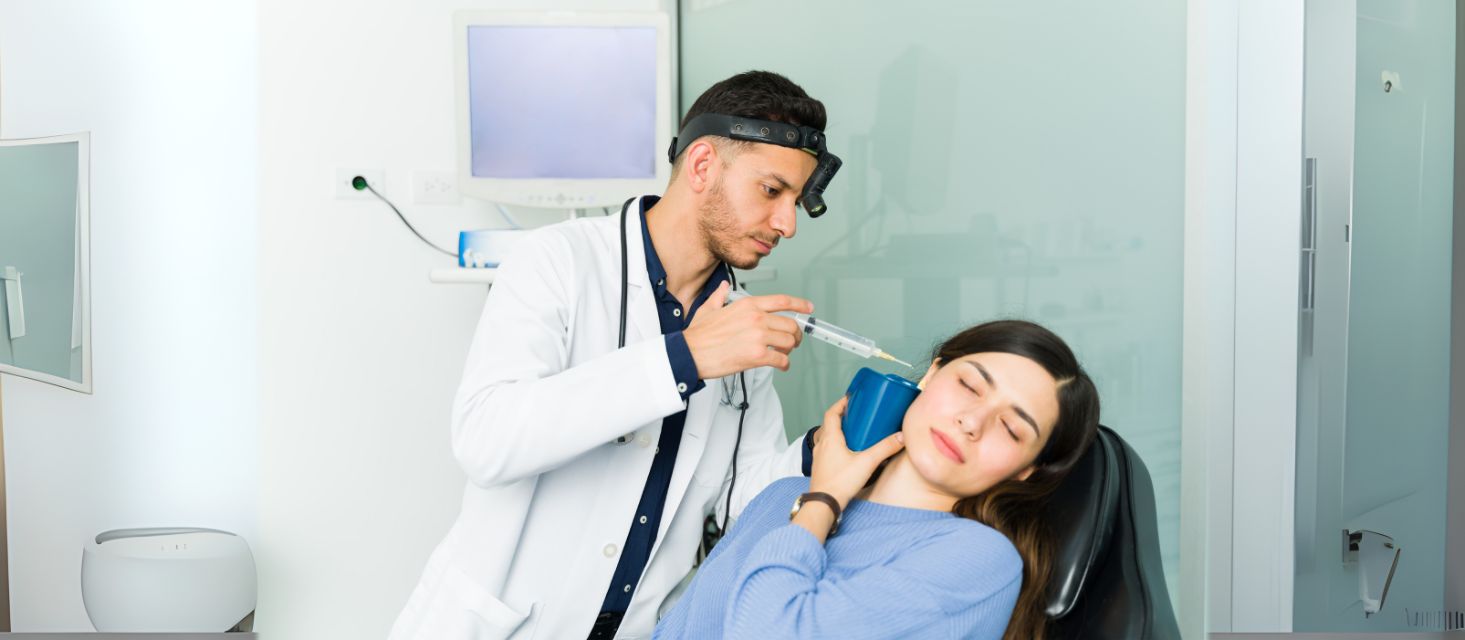- by Tomás O'Dwyer
How to Stop an Earache Fast: Relief That Works—Right Now
- by Tomás O'Dwyer
What Is Earwax and Why Is It Important?
Earwax protects your ears by trapping dirt and bacteria. It usually clears out naturally, but excess buildup can cause issues. Avoid cotton swabs—use safe methods like ear drops or the Eddy Ear Irrigator!
- by Tomás O'Dwyer
Where Does Ear Wax Come From? Understanding the Science Behind It
Earwax protects and cleans your ears naturally. Excess buildup can cause discomfort—avoid cotton swabs and try safe removal methods like Eddy by Auracle for effective ear care. Keep your ears healthy!
- by Tomás O'Dwyer
Understanding Blocked Ears from a Cold: Causes, Symptoms, and Solutions
Blocked ears from a cold can be frustrating. Congestion and inflammation block the Eustachian tubes, causing pressure, muffled hearing, and discomfort. Use decongestants, warm compresses, or the Eddy by Auracle for relief. If symptoms persist, consult a doctor. Clear your ears and breathe easy!
- by Tomás O'Dwyer
How to Unclog Your Eardrum: Understanding and Managing Swimmer's Ear
Swimmer’s ear causes pain, itching, and temporary hearing loss due to trapped water. Prevent it with dry ears and Auracle’s Eddy for safe cleaning. Treat early to avoid complications!
- by Tomás O'Dwyer
Ear candling is unsafe and ineffective for earwax removal. Avoid the risks of burns and blockages—use proven methods like ear irrigation with the Eddy by Auracle or professional cleaning instead!
- by Tomás O'Dwyer
The Cause of Ringing in Ears: Understanding Tinnitus
Tinnitus, or ringing in the ears, affects millions and can result from noise exposure, earwax buildup, stress, or health conditions. While there’s no cure, sound therapy, hearing aids, and CBT can help manage symptoms. If ringing persists, consult a doctor for proper care.
- by Tomás O'Dwyer
Does an Ear Infection Cause Dizziness?
Ear infections can cause dizziness by affecting the inner ear’s balance system. Middle and inner ear infections often lead to vertigo and nausea. Seek medical help if dizziness persists or worsens.
- by Tomás O'Dwyer
Types of Ear Irrigators: Your Guide to Safe and Effective Earwax Removal
Ear irrigators help safely remove earwax buildup, preventing discomfort, infections, and muffled hearing. They use water or saline to flush out wax without pushing it deeper. Options include manual syringes, electric models, spray bottles, and ear drops. Proper use improves hearing and prevents infections.


